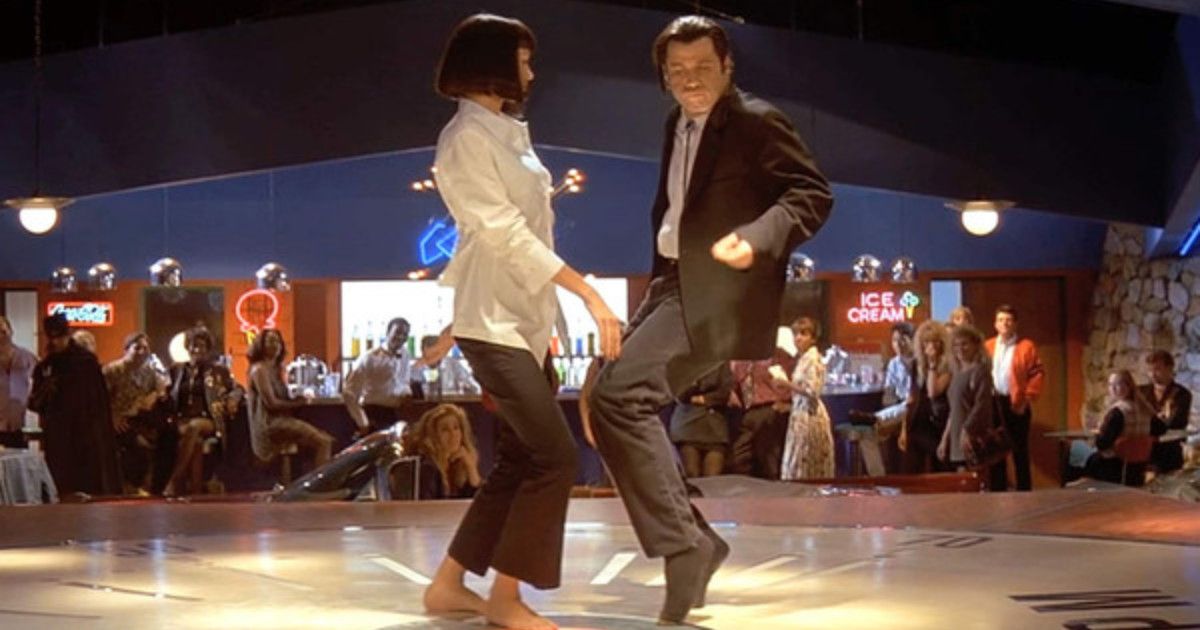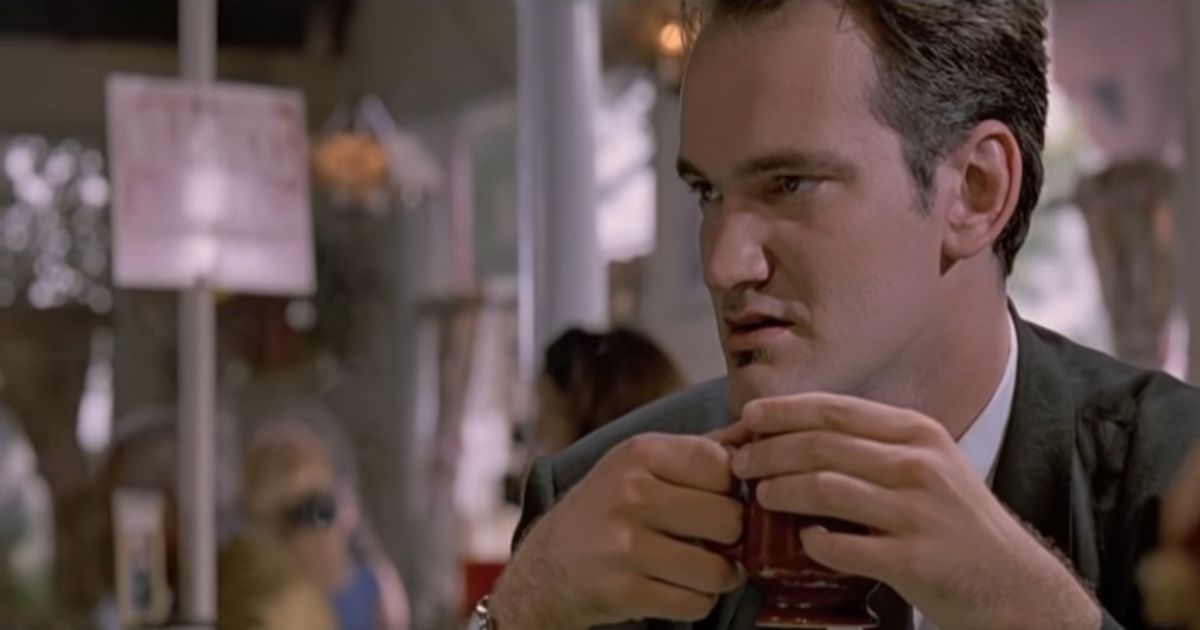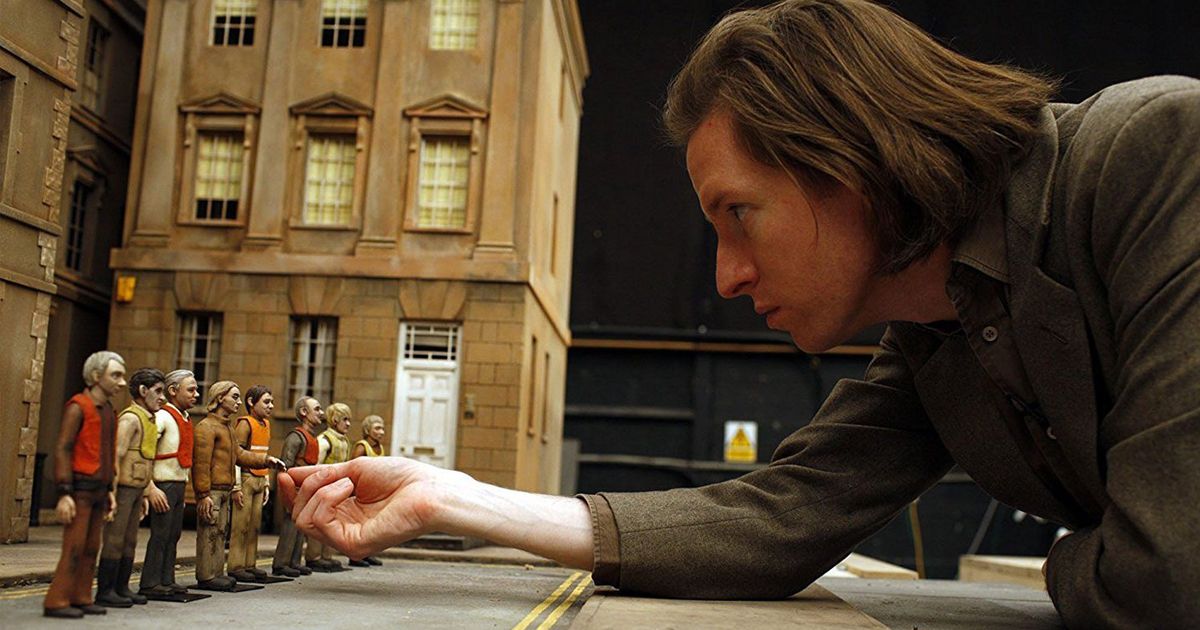Some directors mark a decade, some more than one. Quentin Tarantino is one of those names that not only will be loved for a very long time by fans and critics but have also left a mark few were able to. Another iconic director, Wes Anderson, has an approach to storytelling and filmmaking that couldn't be more different from Tarantino's. While the signature symmetry may be the first element to come to mind when discussing Anderson, there are various reasons why he is celebrated. Nevertheless, these directors have one particularity in common: how they creatively use soundtracks in their movies.
Film schools, fans, and critics have studied these two directors for over a decade. Their movies are, a lot of times, considered masterclasses in filmmaking and storytelling. Their soundtracks are as unique as their characters and plot, creating a solid fan base for the music chosen, as well as their stories.
Here is why music in films is so important and how these iconic directors create their own.
The Importance of Soundtracks
The soundtrack is an elementary part of filmmaking and storytelling. If the right song comes up in a scene, the audience is taken to a higher level of emotional response. So much so that when the score or song chosen isn't the right one, the viewer notices it instantly – even if they don't realize what is bothering them. Can Star Wars even be imagined without the iconic score? Or listening to Don't You Forget About Me without remembering the scene where John Bender (Judd Nelson) throws his fist in the air, and the credits roll in The Breakfast Club? The song choices and score creates the mood of the story, and the soundtrack is a character.
Wes Anderson and Quentin Tarantino couldn't be more different from each other; from their directorial styles to the narratives they create every creative decision screams their names. However, they have, in their own way, created a legacy not only with his stories but with the choices they made regarding the music that accompanies them. And while they have different approaches to it, both directors have some elements in common, for example, they like to recycle movie soundtracks.
Quentin Tarantino's Soundtracks
Tarantino is one of the very few directors who have such specific and unique techniques and style that by watching a handful of scenes the viewer can guess who directed the story. This also translates to the soundtrack he uses in his films. The director is known for using music from the 1960s and 1970s – even if that isn't when the story is set. He gives special attention to the opening credits' song: it sets the tone for the tale that is about to begin. Tarantino further explained that, “I think the reason that my music works so well is I don’t just blanket it in there. When it’s in there, it’s there for a real purpose.”
The director explained how he chooses his iconic songs for his movies in the booklet that came with the collection of songs used in his soundtracks, The Tarantino Connection. He said, "One of the things I do when I am starting a movie, when I’m writing a movie or when I have an idea for a film is, I go through my record collection and just start playing songs, trying to find the personality of the movie, find the spirit of the movie..."
The songs not only enhance the mood of the scenes and overall film, they feel like an intrinsic part of that moment in the characters' lives, enhancing the level of storytelling. There is an element of irony (very on-brand for the director) regarding some song choices: they comment on what's happening.
One of the most notorious ones is in Reservoir Dogs when one of the characters is torturing a cop, and “Stuck in The Middle With You” with its happy mood plays. His movies are full of contrast and bold decisions, and so is his soundtrack. So much so that the Pulp Fiction soundtrack was in the Billboard album charts and remained so for two years.
Wes Anderson's Soundtracks
Wes Anderson, like Tarantino, has a legion of fans because of how his movies look and make the audience feel. Anderson doesn't create his soundtrack alone, while he does choose most of the songs, he works with Randall Poster to soundtrack his movies. Poster is a music supervisor who helps the director find and get the license for the perfect songs for his movies. In a 2005 review of The Life Aquatic With Steve Zissou soundtrack, writer Chris Dahlen of Pitchfork defined “Wes Anderson music” as “light but not MOR, the kind of song that has a strong kick but soft edges."
Anderson uses a lot of British music from the 60s but also dives into classical music when he finds it appropriate, as in the historical story The Grand Hotel Budapest. He also likes to use not-so-popular songs from well-known bands. The soundtrack usually has an overall theme attached to it that with a direct correlation to the movie it belongs. However, he also likes to innovate and make combinations that wouldn't be the obvious choice. Isle of Dogs is a great example. The movie is set in a near future Japan, and the song "I Won't Hurt You" by The West Coast Pop Art Experimental Band was released in 1966.
The director also writes while listening to music that helps him shape his character keeping track of the songs to try to get them later in post-production. An interesting thing is how the score and the soundtrack are mixed in Anderson's movies. The score is in the background so that it doesn't take the attention away from the scene, and he uses the soundtrack to get the opposite effect. He also utilizes montages to enhance the song that is being played.
Quentin Tarantino and Wes Anderson helped shape modern cinema. The level of care placed in every aspect of their movies, including the soundtrack, is what makes them stand out from the others, and as films continue to rely upon pop music to enhance its storytelling, a debt of gratitude is owed to their innovations.




